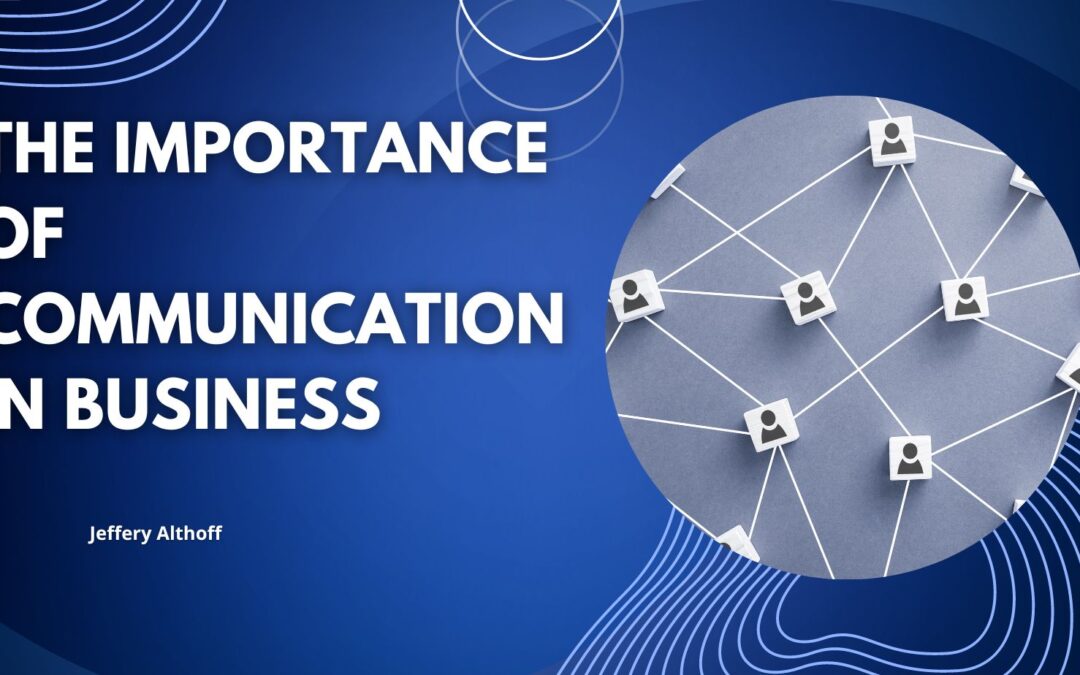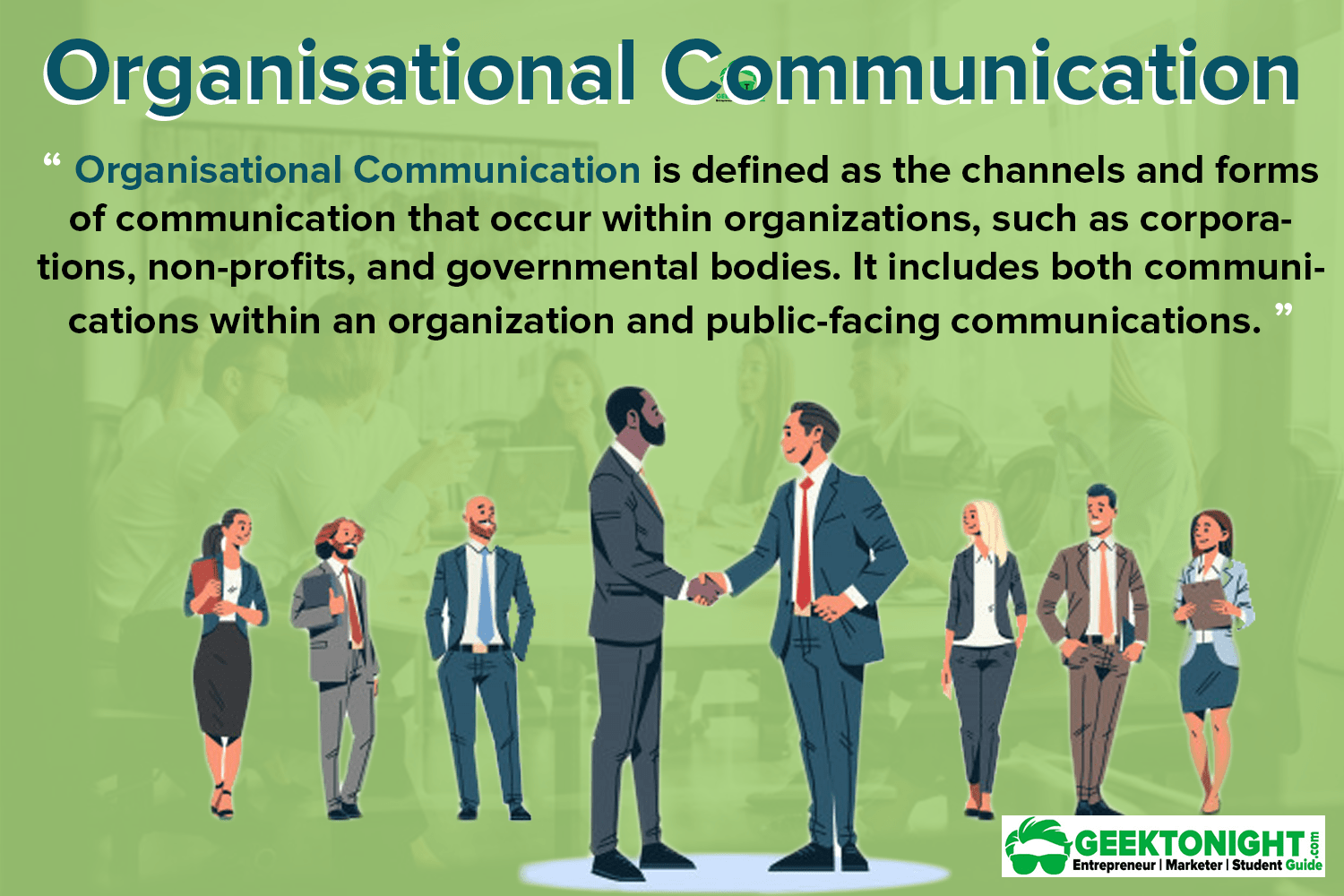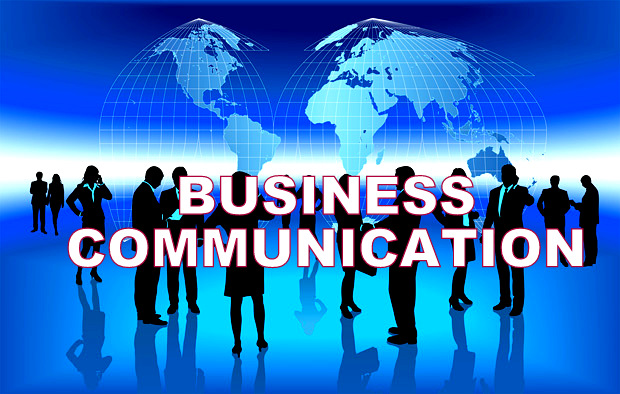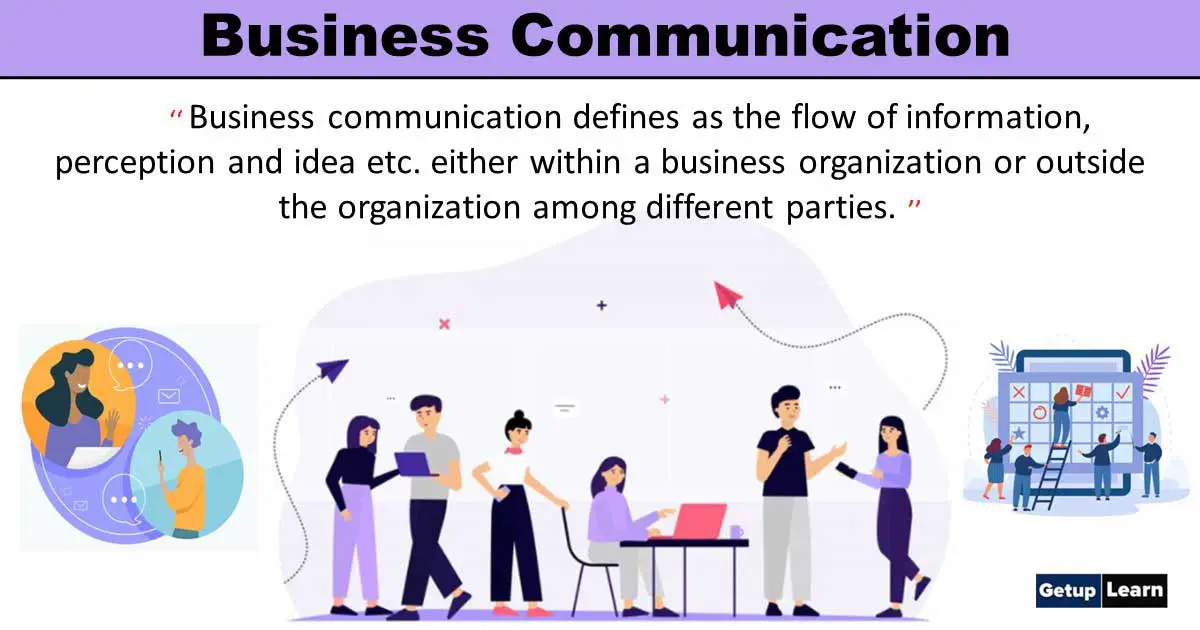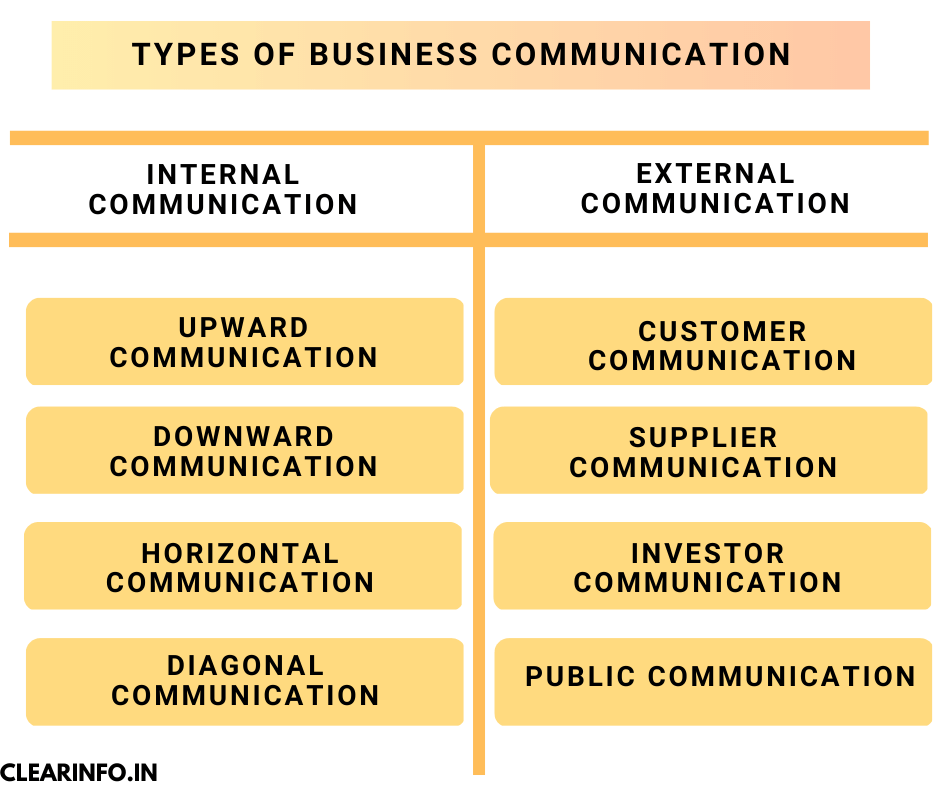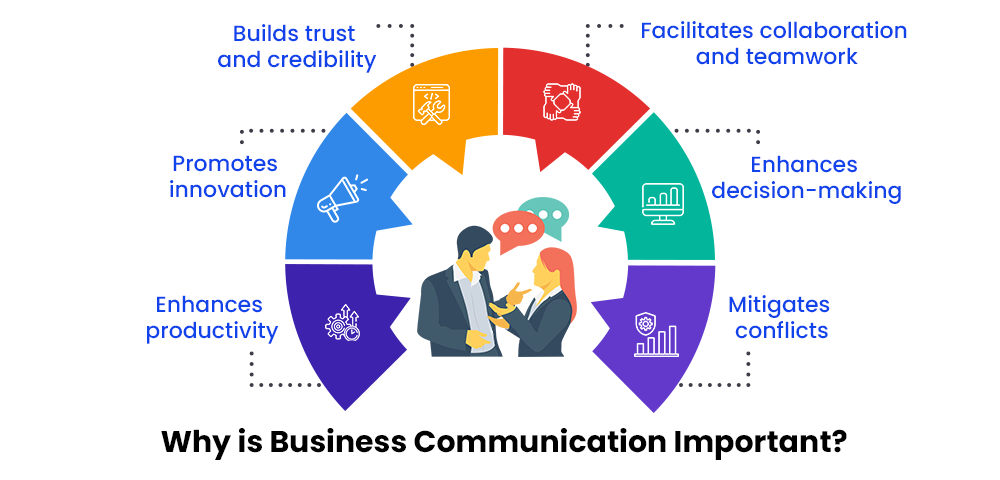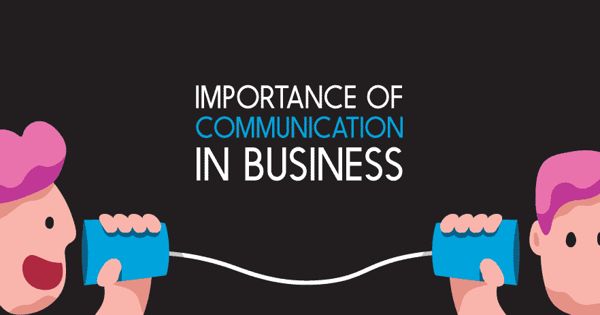Explain The Importance Of Communication To You And To Business

Imagine a bustling marketplace, vendors calling out their wares, customers haggling prices, information flowing like the lifeblood of the community. Now, picture that marketplace silenced – no words, no gestures, only blank stares. The vibrancy fades, opportunities wither, and the potential for growth stagnates. This stark contrast highlights the essence of communication: it's the bridge that connects us, personally and professionally.
At its core, communication, whether verbal or non-verbal, is the exchange of information, ideas, and feelings. It is a fundamental pillar, not just for human interaction but for the success of any business endeavor. Without effective communication, relationships crumble, projects fail, and companies flounder.
For me, communication is the cornerstone of authentic connection. It allows me to build meaningful relationships with friends, family, and colleagues. It enables me to understand their perspectives, share my own, and navigate the complexities of human interaction with empathy and understanding.
In a professional setting, the importance of communication amplifies exponentially. It becomes the lifeblood of productivity, innovation, and collaboration.
Communication in the Workplace: A Deeper Dive
Consider a team working on a complex project. Without clear and concise communication, misunderstandings arise, deadlines are missed, and frustration mounts. Project management software, like Asana or Trello, are beneficial but, they do not replace the need to communicate in person or via phone.
Effective communication ensures that everyone is on the same page, working towards a common goal with a shared understanding of expectations and responsibilities.
Internal Communication: The Foundation of a Strong Company Culture
Internal communication, specifically, fosters a positive and productive work environment. When employees feel informed and connected, they are more engaged and motivated. Open lines of communication encourage feedback, innovation, and a sense of belonging, ultimately contributing to a stronger company culture.
According to a 2023 report by Gallup, companies with high employee engagement outperform those with low engagement by 23% in profitability. This is a demonstration of the power of communication.
External Communication: Building Relationships and Reputation
External communication is equally critical for businesses. It encompasses interactions with customers, suppliers, investors, and the wider community. Effective communication builds trust, strengthens relationships, and enhances the company's reputation.
For example, clear and transparent communication during a crisis can mitigate damage to a company's image and maintain customer loyalty. Honest and open dialogue with investors fosters confidence and encourages continued support.
"The single biggest problem in communication is the illusion that it has taken place." - George Bernard Shaw.
This quote serves as a constant reminder that simply speaking or writing isn't enough. Effective communication requires active listening, thoughtful consideration of the audience, and a commitment to ensuring that the message is not only sent but also received and understood.
Cultivating Communication Skills
Recognizing the vital role of communication is only the first step. It's equally important to actively cultivate and refine our communication skills.
This involves practicing active listening, developing clear and concise writing skills, and honing the ability to adapt our communication style to different audiences and situations.
Investing in communication training for employees is a strategic move that can yield significant returns. According to a study by SHRM (Society for Human Resource Management), companies that prioritize communication training experience higher employee retention rates and improved team performance.
Looking ahead, the ability to communicate effectively will become even more critical in an increasingly globalized and technologically driven world. As businesses operate across borders and collaborate with diverse teams, the ability to bridge cultural gaps and navigate complex communication channels will be essential for success.
Ultimately, communication is more than just a skill; it's a mindset. It's about valuing connection, fostering understanding, and recognizing that every interaction has the potential to build bridges or create barriers. Embracing this mindset, both personally and professionally, can unlock a world of opportunities and lead to greater fulfillment and success.
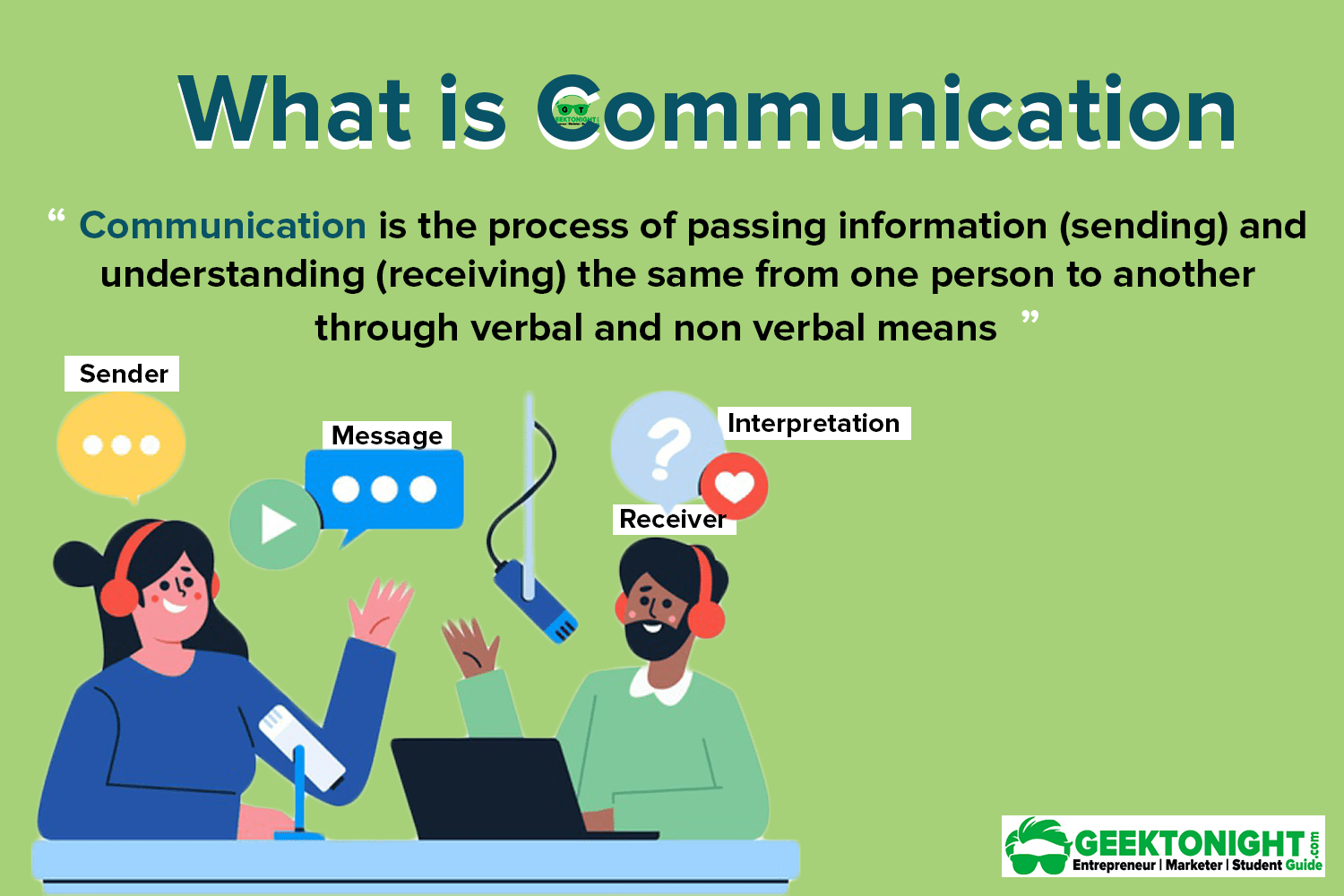

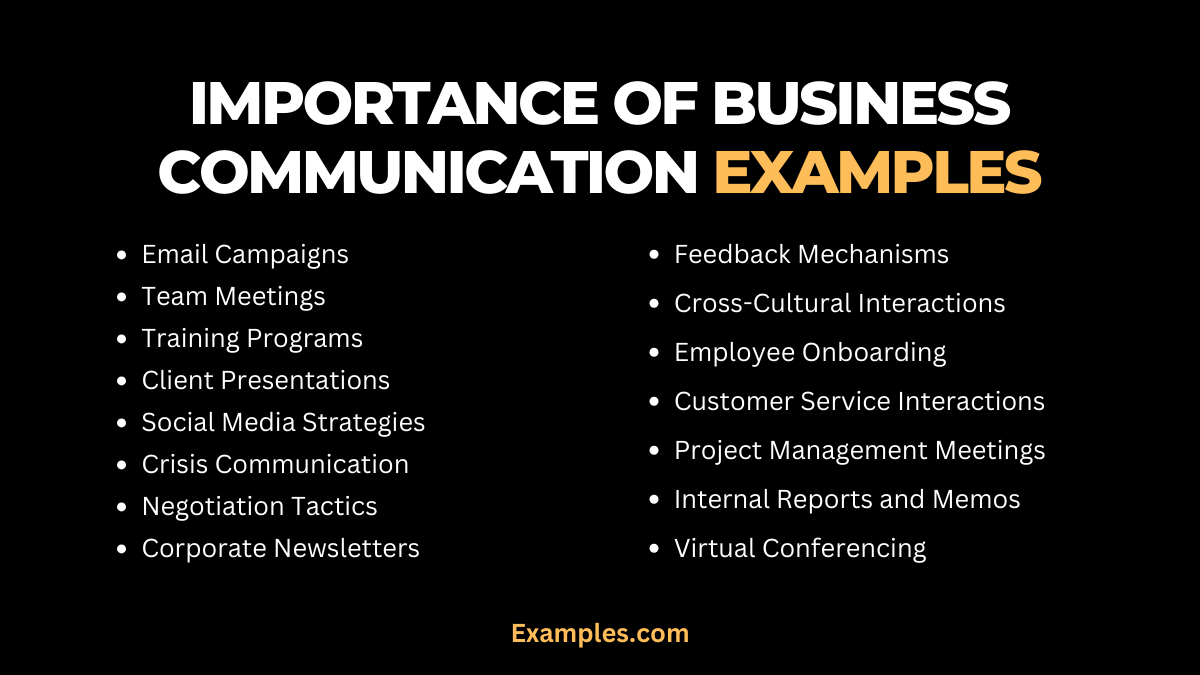


![Explain The Importance Of Communication To You And To Business [10] Types Of Communication: Structure, Direction, Mode](https://www.geektonight.com/wp-content/uploads/2020/05/Business-Communication.png)

